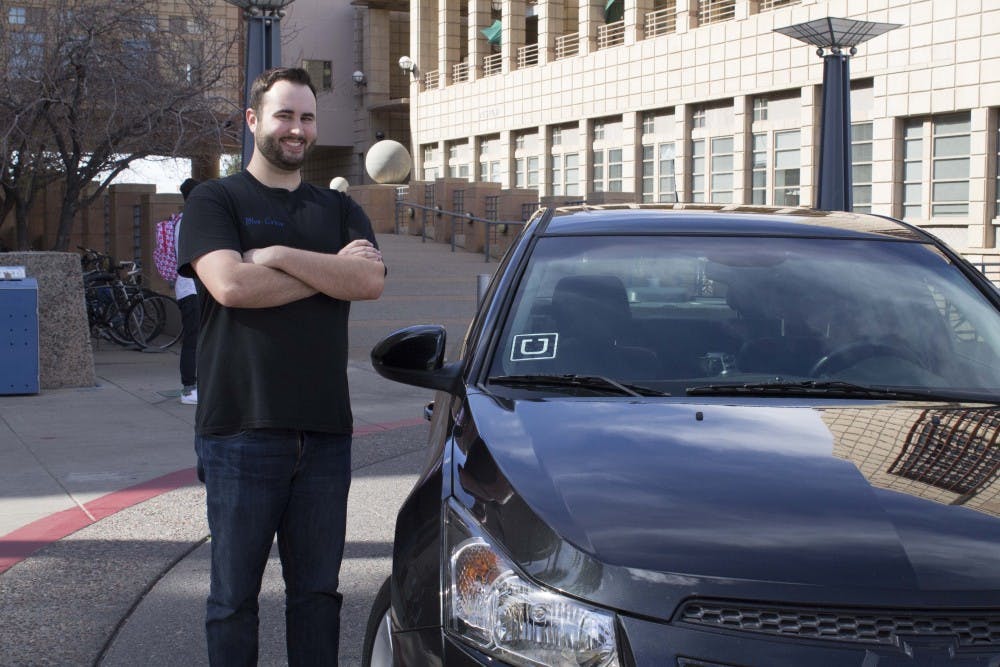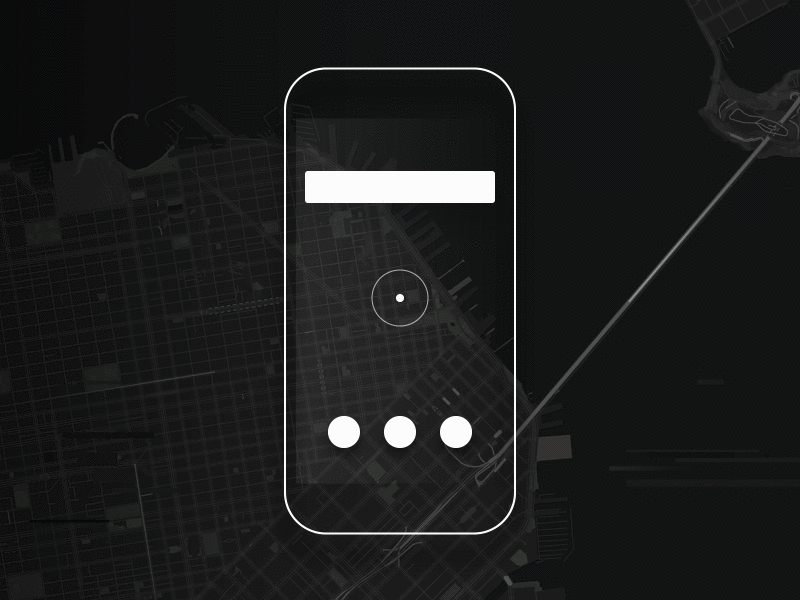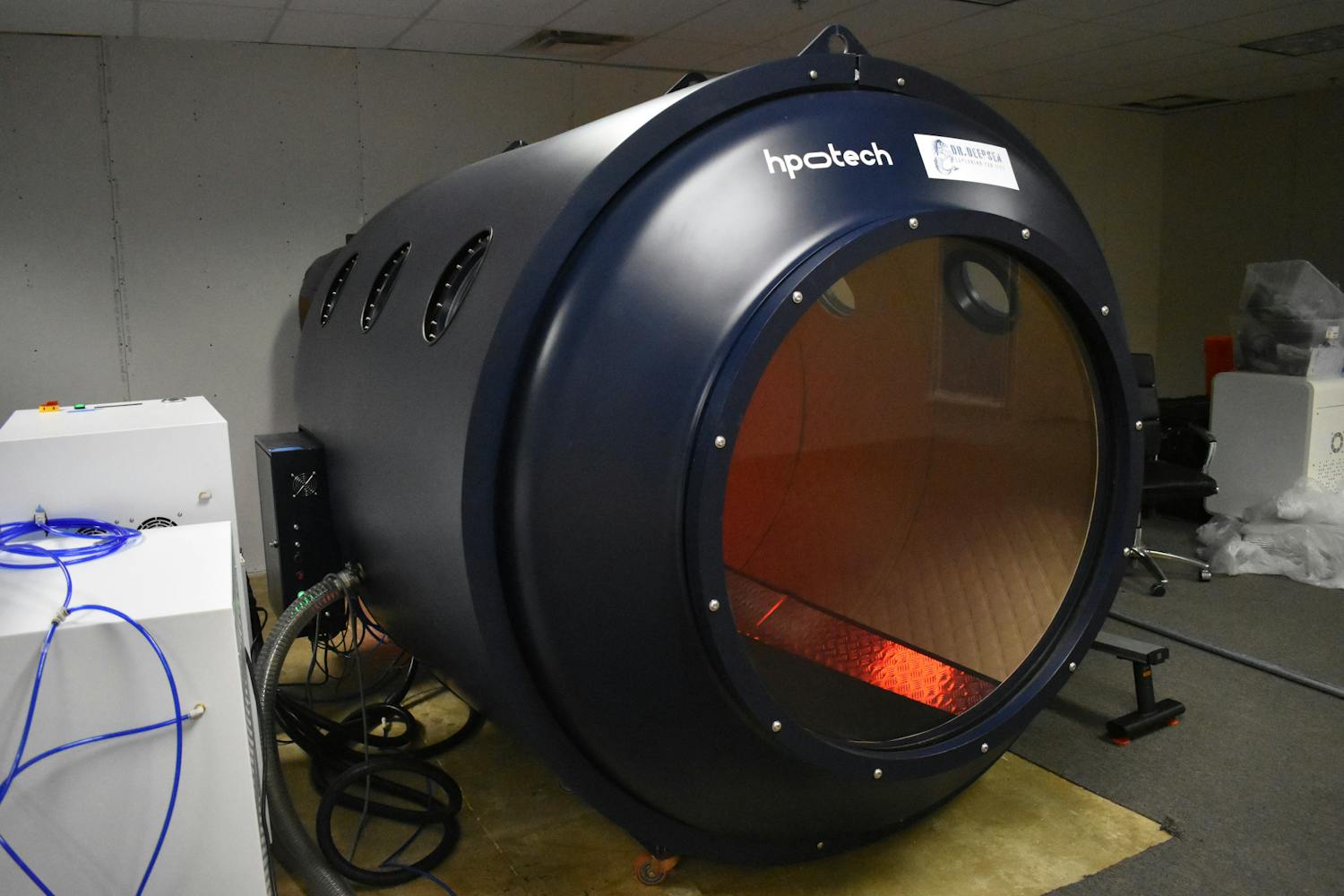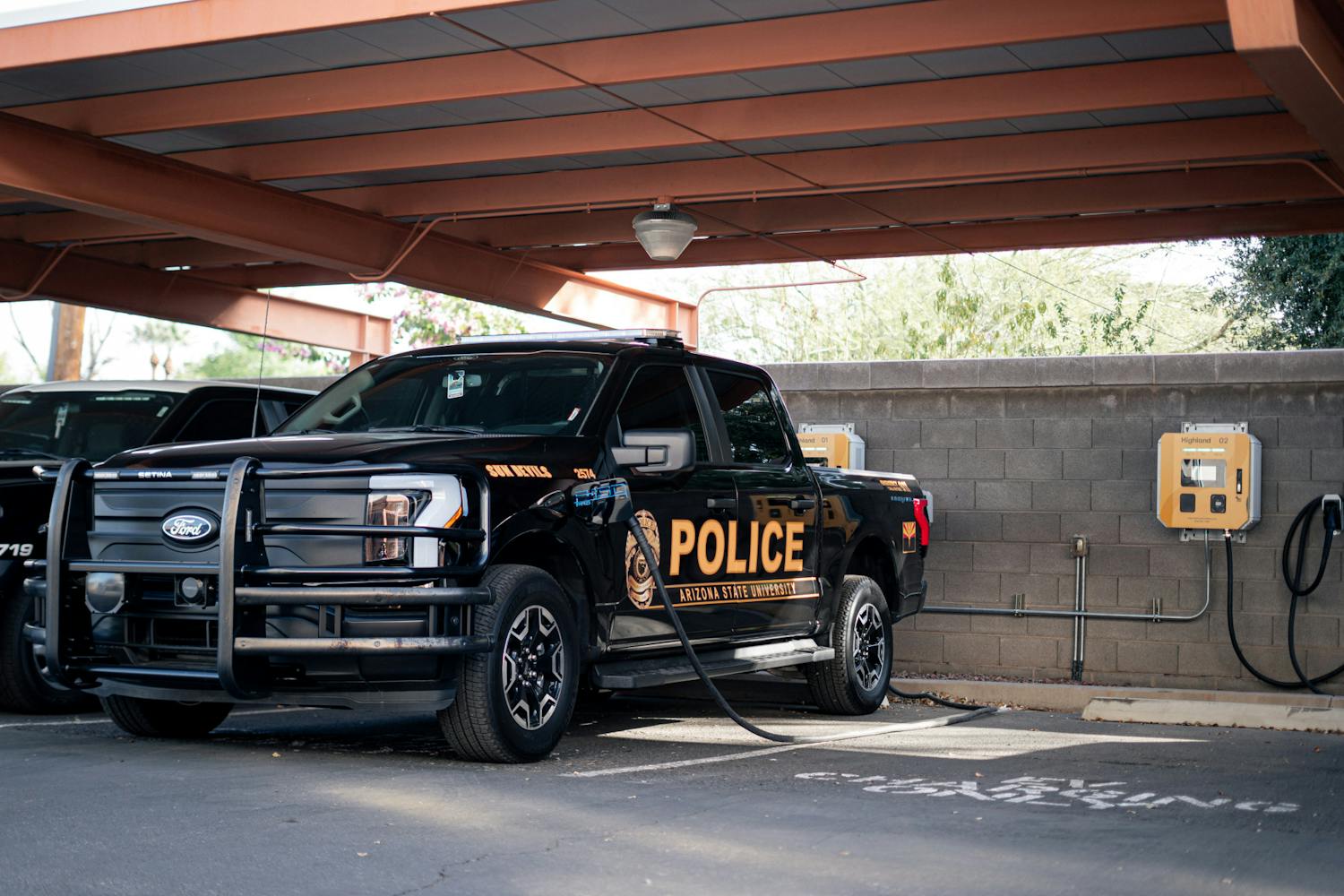College students must contend with busy schedules and skyrocketing tuition. As a result, many turn to employers like Uber, which says it offers ideal flexibility for student workers.
Economists call this sector of the job market the "gig economy." Companies like Uber, Lyft and Postmates use mobile apps to connect workers with customers and process payments.
Alec Richardson, a finance junior, said he started driving for Uber while in between jobs.
“I could go Uber in between classes and on the weekends," Richardson said. "It’s really convenient. I could even get a ride in while on my way to class from my regular job."
Richardson said he earns around $1,500 a month when he drives for Uber — about what a person who makes $7.25 an hour, the federal minimum wage, will make in a month. Richardson said what he values most is the flexibility of the work hours.
“I could turn on the app while sitting on my couch, do one ride and come back home if I want to,” he said.
GIF by Peter Ng
This level of convenience is what attracts both workers and consumers.
“There's an enormous amount of flexibility in terms of you being your own boss, you making as much or as little as you want,” Uber spokeswoman Stephanie Sedlak said. She said Uber offers drivers benefits in the form of discounts on services like health insurance.
However, workers in the gig economy are considered independent contractors, so they aren’t able to assert their rights in the same way that regular employees are. For example, they aren't guaranteed a minimum wage and they don’t have collective bargaining rights laid out in the National Labor Relations Act.
This aspect of the gig economy has drawn criticism and led to court cases against some of these companies. Uber drivers in Seattle are currently fighting for the right to unionize.
Kevin Hong, a professor at ASU's W.P. Carey School of Business, said court cases like the one in Seattle have caught the attention of the Department of Labor since they affect millions of people. However, he said it’s still too early to predict whether the department will ultimately categorize workers like Uber drivers as contractors or employees.
But companies like Uber will maintain popularity with people who are willing to forgo those protections, he said.
“The majority of people driving for Uber are low-skill workers," Hong said. "They come from working in places like McDonald's and make more money driving than they did before. The demographic you're looking at is different."
Hong said gig companies are efficient and are making use of assets like people’s downtime. But Hong said innovations like self-driving cars have the potential to disrupt the gig economy.
“There will be jobs created around servicing the technology used," Hong said, "but drivers will go away."
Reach the reporter at cazares429@gmail.com or follow @sonic_429 on Twitter.
Like State Press on Facebook and follow @statepress on Twitter.





